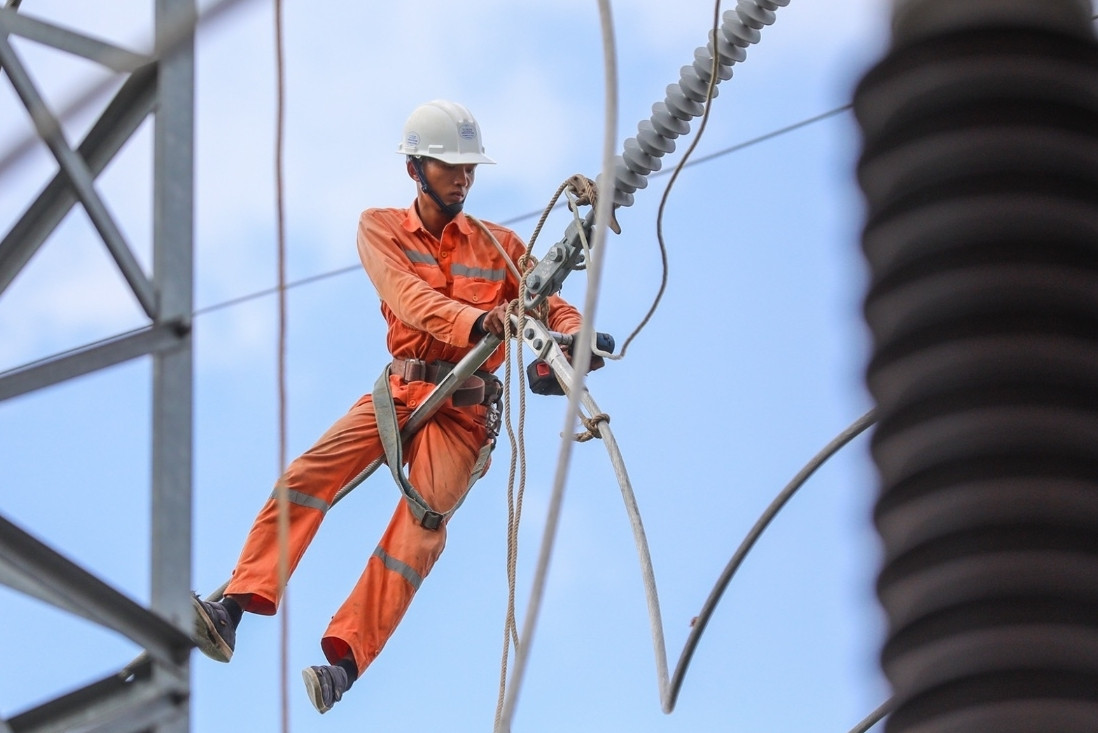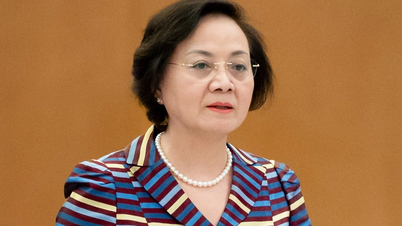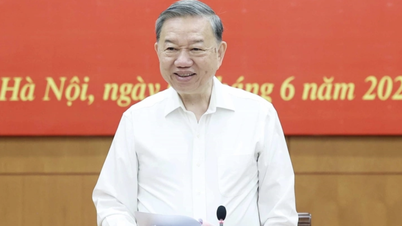Electricity price can be adjusted once every 2 months
The Ministry of Industry and Trade has just sent the Ministry of Justice for appraisal a draft Decree regulating a number of contents related to average retail electricity prices .
Accordingly, the Ministry of Industry and Trade continues to propose adjusting electricity prices every 2 months, instead of every 3 months as at present. When the average electricity price increases by 2% or more compared to the current average electricity price, the electricity price is allowed to be adjusted upward.
When the average electricity price decreases by 1% or more compared to the current average electricity price, the electricity price is allowed to be adjusted down accordingly (remaining the same as current regulations).
According to statistics on fluctuations in the world coal price index in the period 2022-2024, the Ministry of Industry and Trade found that world coal prices can fluctuate very strongly in just 1 month (up to over 40%). Therefore, the current regulation of the minimum electricity price adjustment period of 3 months may not reflect timely fluctuations in input parameters.
In addition to the world coal price factor, other factors such as the price of liquefied natural gas (LNG) in the coming time, exchange rate, and expected output structure are also factors that can fluctuate very strongly in a short time and need to be reflected promptly to limit the impact of input parameters on the adjustment of electricity prices.
EVN will make a profit if it thoroughly implements the electricity price adjustment mechanism.
A notable point of this draft is that it sets the expected annual profit margin for EVN at a very high level.
According to the draft: " The pre-tax profit margin on equity (ROE) in year N is equal to the average 12-month term deposit interest rate for individual customers of 04 commercial banks (Vietcombank, VietinBank, BIDV, Agribank or legal successors of these units) determined as of September 30, year N-1 plus the average consumer price index (CPI) growth rate in year N approved by the National Assembly (%)."
"With the above adjusted ROE, ROE according to current data from 4 commercial banks in December 2024, pre-tax ROE is about 9.2%, corresponding to after-tax ROE of about 7.6%", the Ministry of Industry and Trade estimated.
This is a profit level that EVN has never achieved in the past. This group usually only makes a profit of about 2-3% on equity.
According to the Ministry of Industry and Trade, this expected ROE level is suitable in the coming period for EVN to improve its financial situation, preserve capital and develop the business as well as ensure the basis for capital mobilization to enhance initiative in continuing to invest in power source development.
The Ministry also noted: The above ROE level of EVN, if implemented, is also lower than the ROE of power plants that have negotiated and signed electricity purchase contracts with EVN, averaging between 10% and 12%.
In 2023, EVN's equity will be more than VND196,000 billion. If the above price adjustment mechanism is thoroughly implemented, EVN can earn pre-tax profit of about VND18,000 billion each year, and after-tax profit of about VND14,900 billion.
In 2024, EVN's business results will break even but there will still be nearly 50,000 billion in losses from 2022 and 2023. EVN is setting out to escape losses and make profits. However, in reality, previous price adjustment mechanisms have not been fully implemented as prescribed - part of the reason why EVN's business results have suffered heavy losses.
Decision 24/2017/QD-TTg of the Prime Minister allows electricity price adjustment every 6 months, but for many reasons, there were times when electricity prices were kept the same for 4 years. Later, Decision 05/2024 stipulated that the interval between two electricity price adjustments is 3 months, similarly. Because the adjustment of electricity prices also depends on the assessment of the impact on the macro economy, as well as on whether the results of the updated calculation of electricity prices are sufficient to be considered for adjustment according to regulations.
Therefore, the profit margin as calculated by the Ministry of Industry and Trade may be very different from reality.


































































































Comment (0)